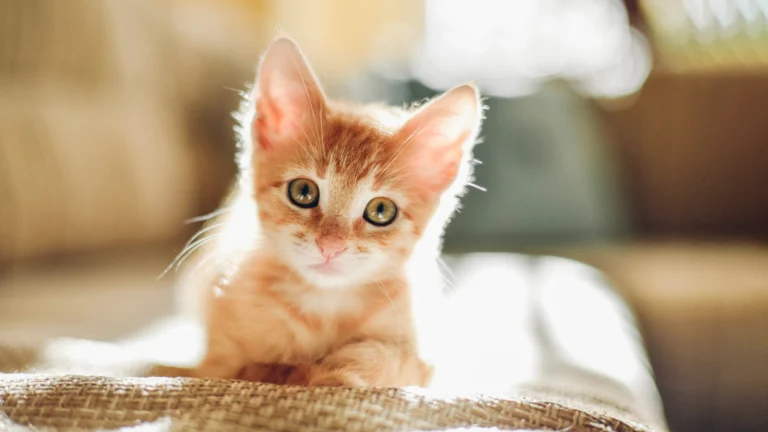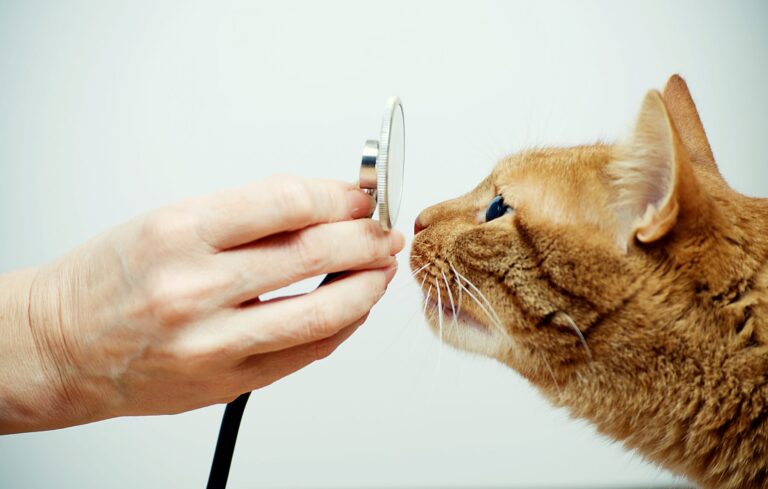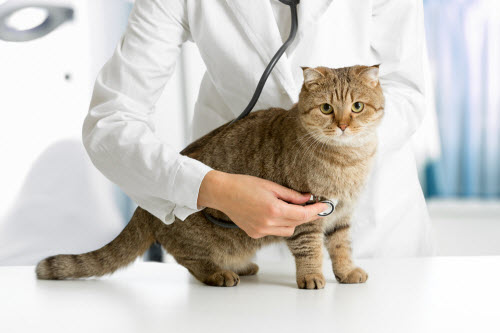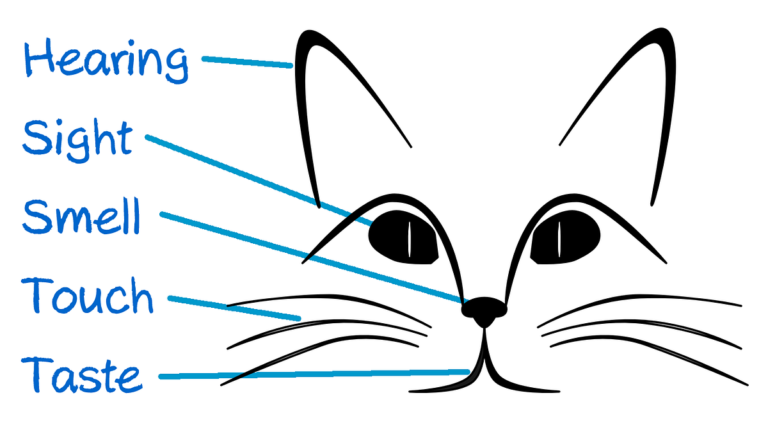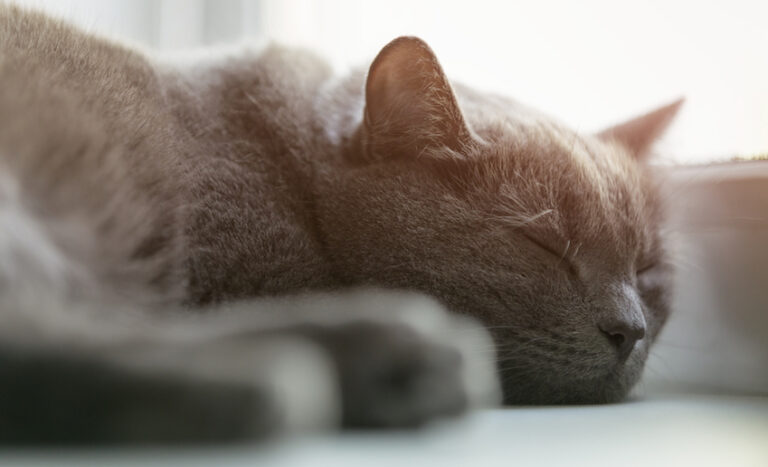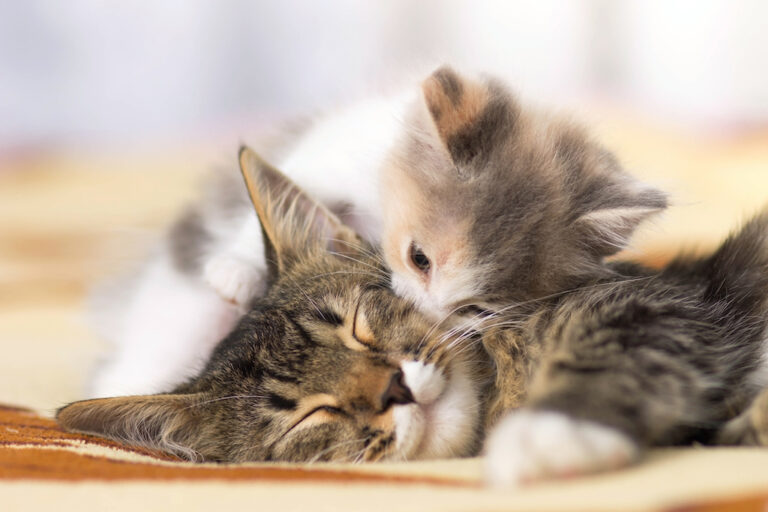Cat health maintenance
Understanding the Feline Immune System
The feline immune system is a complex network of cells, tissues, and organs that work together to defend the body against harmful pathogens, such as bacteria, viruses, and parasites. It is crucial for the overall health and well-being of cats as it helps in preventing infections and diseases. The immune system consists of different components, including white blood cells, antibodies, and lymphoid organs, all of which play a vital role in recognizing and eliminating foreign invaders.
One of the primary functions of the feline immune system is to distinguish between self and non-self cells. This means that it can identify and destroy any harmful substances or cells that enter the body, while leaving the healthy cells untouched. The immune system achieves this through a process known as antigen recognition, where it recognizes specific molecules on pathogens and triggers an immune response. This response can involve the production of antibodies, the activation of immune cells like macrophages and T-cells, and the release of chemicals to destroy the invading microbes.
Understanding the feline immune system is crucial for cat owners as it allows them to recognize the signs of a compromised immune system and take appropriate measures to support their cat’s health. By providing proper nutrition, regular veterinary check-ups, and ensuring a clean and stress-free environment, cat owners can help strengthen their feline friends’ immune system and promote overall well-being. With a robust immune system, cats can enjoy a life free from frequent illnesses and have a better chance of maintaining good health throughout their lives.
The Importance of Regular Veterinary Check-ups for Cats
Regular veterinary check-ups are an essential part of ensuring the overall health and well-being of your feline companions. These check-ups not only allow for early detection of any potential health issues, but also help to prevent certain diseases and conditions from becoming more serious. During these visits, your veterinarian will conduct a thorough examination, which may include checking your cat’s weight, temperature, heart rate, and blood pressure.
In addition to the physical examination, your veterinarian may also recommend routine blood tests and screenings to assess your cat’s organ function, detect any underlying diseases, and monitor the effectiveness of any ongoing treatments. Vaccine boosters may also be administered during these visits to help protect your cat from common and potentially life-threatening infections. Regular veterinary check-ups provide an opportunity for you to discuss any concerns or changes in your cat’s behavior or habits, as well as ask questions about their nutrition and overall care. By staying proactive and consistent with these appointments, you can ensure that your cat receives the best possible medical care and attention, contributing to their long and healthy life.
Proper Nutrition: Feeding Your Cat for Optimal Health
Cats are obligate carnivores, which means they require a diet rich in animal protein to thrive. This is due to their unique physiology and nutritional needs. Feeding your cat a balanced and appropriate diet is crucial for maintaining optimal health and ensuring their well-being.
When selecting a cat food, it is important to look for products that meet the nutritional standards set by reputable organizations such as the Association of American Feed Control Officials (AAFCO). These standards ensure that the food provides the necessary nutrients for cats at different life stages. A high-quality cat food should have a specified source of animal protein as the first ingredient, such as chicken or fish. It should also contain a balanced combination of carbohydrates, fats, vitamins, and minerals to support overall health. Additionally, avoid foods that contain excessive amounts of fillers, artificial additives, or by-products, as these ingredients provide little nutritional value and can be detrimental to your cat’s health.
Maintaining a Healthy Weight: Tips for Preventing Obesity in Cats
Maintaining a healthy weight is crucial for the overall wellbeing of our feline friends. Obesity in cats can lead to a range of health issues, such as diabetes, arthritis, and heart disease. To prevent obesity and keep our furry companions in tip-top shape, it’s important to follow a few simple tips.
Firstly, monitoring your cat’s food intake is essential. Measure the daily portions as recommended by your veterinarian and provide appropriate, high-quality cat food. Avoid free-feeding, as this can encourage overeating. Additionally, resist the temptation to give excessive treats or table scraps, and instead, opt for specially formulated cat treats that are lower in calories.
In addition to a balanced diet, regular physical exercise is crucial for maintaining a healthy weight in cats. Encourage playtime and engage in interactive activities with your cat, such as using toys or laser pointers to keep them active and entertained. Providing scratching posts and climbing structures can also help promote exercise in a safe and stimulating environment.
By taking proactive measures to monitor food intake and promote physical activity, we can help prevent obesity and ensure our feline companions live long, healthy lives. However, it’s always recommended to consult with a veterinarian for personalized advice on maintaining your cat’s weight and overall health.
Dental Care for Cats: Promoting Oral Health and Preventing Dental Disease
Feline dental care is an often overlooked aspect of cat health, but it plays a crucial role in promoting oral health and preventing dental disease. Just like humans, cats can suffer from various dental issues, including periodontal disease, tooth decay, and gum infections. These problems can cause pain, discomfort, and even affect your cat’s overall well-being. Therefore, it is of utmost importance to prioritize dental care for your feline friend.
Regular brushing is one of the best ways to promote good oral hygiene in cats. This may sound challenging, but with patience and training, most cats can adapt to this routine. Start by introducing your cat to the taste of toothpaste specifically formulated for felines. Then, gradually begin brushing their teeth using a soft-bristled toothbrush or a finger toothbrush designed for cats. Aim to brush your cat’s teeth at least two to three times a week. This simple yet effective practice helps remove plaque and prevent the formation of tartar, reducing the risk of dental diseases in your furry companion.
Parasite Prevention: Protecting Your Cat from Fleas, Ticks, and Worms
Parasite prevention is crucial for ensuring the health and well-being of your feline friend. Fleas, ticks, and worms are common parasites that can wreak havoc on cats, causing discomfort, illness, and in some cases, even death. Fortunately, there are several steps you can take to protect your cat from these pesky invaders.
First and foremost, it is important to keep your cat’s environment clean and free from potential infestation. Regularly vacuuming your home and washing your cat’s bedding can help remove any flea eggs or larvae that may be lurking in the environment. Additionally, using a flea comb on your cat’s fur can help you detect and eliminate any adult fleas that may be present. It is also crucial to regularly clean and sanitize your cat’s litter box to prevent the spread of parasites, especially if your cat goes outdoors.
Vaccinations: Essential Immunizations for Your Feline Friend
Vaccinations are an essential part of maintaining your cat’s health and well-being. They help protect your feline friend from a range of potentially deadly diseases. By ensuring that your cat is up-to-date on their vaccinations, you are providing them with a strong defense against these illnesses.
One of the most important vaccinations for cats is the FVRCP vaccine, which stands for feline viral rhinotracheitis, calicivirus, and panleukopenia. These viruses can cause respiratory infections, fever, and in severe cases, can be fatal. The FVRCP vaccine helps prevent the spread of these diseases and can greatly reduce the risk of your cat falling ill. Other essential vaccinations for cats include the rabies vaccine, which is not only important for your cat’s health but also required by law in many places. The rabies virus can be transmitted from animals to humans, making it vital to ensure your cat is protected. By following a vaccination schedule recommended by your veterinarian, you can ensure that your feline friend stays healthy and protected from these preventable diseases.
Grooming Your Cat: Tips for Maintaining a Clean and Healthy Coat
Keeping your cat’s coat clean and healthy is an essential part of their overall well-being. Regular grooming not only helps to keep their fur looking its best, but it also helps to prevent matting, tangles, and skin irritations. To maintain a clean coat, start by brushing your cat regularly. This not only removes loose hair and dirt, but it also helps to distribute natural oils throughout their coat, keeping it shiny and smooth.
When brushing your cat, choose a brush that is appropriate for their specific coat type. For short-haired cats, a soft bristle brush or a grooming glove can effectively remove loose hair. On the other hand, long-haired cats may require a comb or slicker brush to prevent their fur from becoming tangled. Be sure to brush your cat gently, using slow and smooth strokes. If you encounter any mats or tangles, carefully work them out with your fingers or use a dematting tool, taking care not to pull on the hair. By establishing a regular grooming routine and using the proper tools, you can help your cat maintain a clean and healthy coat for years to come.
Why is it important to groom my cat?
Grooming your cat is important for maintaining a clean and healthy coat. It helps to remove dirt, debris, and dead hair, preventing matting and skin issues. It also promotes good circulation and stimulates natural oil production, which keeps the fur shiny and reduces the risk of hairballs.
How often should I groom my cat?
The frequency of grooming depends on the breed and coat type of your cat. Long-haired cats may require daily grooming to prevent tangles and matting, while short-haired cats can be groomed once or twice a week. Regular grooming sessions also provide an opportunity to check for any skin abnormalities or parasites.
What grooming tools do I need for my cat?
The grooming tools you need will vary depending on your cat’s coat type. Common tools include a slicker brush for removing loose hair and tangles, a comb for detangling and removing debris, and a grooming glove or mitt for massaging and stimulating the skin. Nail clippers, ear cleaner, and toothbrushes are also important for overall grooming.
How can I make grooming a pleasant experience for my cat?
To make grooming a positive experience, start by introducing your cat to grooming at a young age. Use treats, praise, and gentle handling to associate grooming with positive rewards. Take it slow, be patient, and gradually increase the duration of grooming sessions. It may also help to groom your cat when they are relaxed or tired.
Can I use human grooming products on my cat?
No, it is not recommended to use human grooming products on cats. Cats have different pH levels and their skin is more sensitive than ours. Use cat-specific grooming products that are designed to be gentle on their skin and coat. Always read and follow the instructions on the product labels.
What should I do if my cat resists grooming?
If your cat resists grooming, try using positive reinforcement techniques such as treats, toys, or praise to reward good behavior during grooming sessions. If necessary, seek help from a professional groomer or a veterinarian who can provide guidance on handling and desensitizing techniques.
Are there any specific grooming tips for older cats?
Older cats may require more frequent grooming as they may have difficulty grooming themselves due to arthritis or other age-related issues. Be gentle and patient while grooming older cats, and consider using softer brushes or combs. Regular grooming can also help you detect any health issues that may arise with age.
Can I groom my cat if they have skin issues or allergies?
If your cat has skin issues or allergies, it is best to consult with a veterinarian before grooming. They can provide guidance on appropriate grooming techniques and recommend suitable grooming products that will not worsen the condition. It is important to address any underlying health issues before proceeding with grooming.


